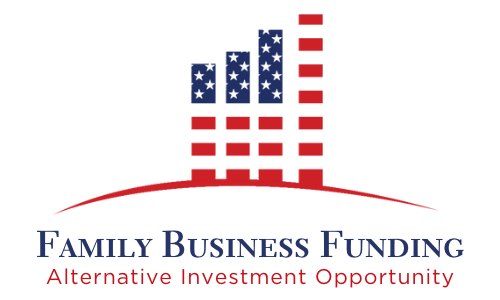Many people wonder if the stock market is their only vehicle for investment. Investment advisors are asked this question all the time but many only discuss conventional investment instruments with their clients, such as mutual funds, index funds, options, etc. But the truth is, there are many ways for people to invest beyond the stock market and a lot of these different investment vehicles allow people to increase their profiles while minimizing their risk.
What are alternative investments?
Alternative investments fall beyond the scope of what is considered a kind of conventional investment, such as stocks, bonds, mutual funds, and cash. On the other hand, things like private equity, venture capital, and hedge funds are considered alternative investments.
What types of alternative investments are out there?
Let’s go over a few alternative investment vehicles in detail so you can begin to understand how they function, why investors love them, and what they can offer you. And always remember, if you are considering an alternative investment, it’s important to research that particular investment vehicle in order to understand if and how it’s right for your portfolio.
Real Estate
The real estate investment vehicle is the most well-known form of alternative investments. People love investing in real estate because they can rely on it to appreciate over time. They also have different options for making money off a property, including renting it out or driving up the value by flipping it and selling at a higher price. If you’re interested in real estate, familiarize yourself with how different property types function, how they are valued, and where they are located.
Debt
The debt investment vehicle is a combination of equity and debt financing. For example, merchant cash advance (MCA) services were originally started by large private equity firms. The term is now commonly used to describe a variety of small business financing options characterized by short payment terms (generally under 12 months) and small regular payments (typically paid each business day or weekly) as opposed to the larger monthly payments and longer payment terms associated with traditional loans.
This is a unique opportunity for investors since they are protected from downside and are able to enjoy consistent ROI.
Technology
The technology investment vehicle has always been one of the top favorites among alternative investors since there are so many different investment opportunities within this category and the returns are high. It has grown even more with the popularity of cryptocurrency, and because it extends to and affects every industry, it is a driving force behind many modern economies. Technological innovation is a very exciting investment opportunity and one that shows no signs of slowing down.
How does diversifying with alternative investments help volatility?
Conventional wisdom always pushes investors to balance and diversify during times like now. In the past, diversifying meant you followed the risk parity portfolio approach, but in this landscape of volatility and low-interest rates that don’t even keep pace with inflation, staying the same course may not be the best option for these especially turbulent times.
Savvy investors and institutions are constantly hedging their portfolios against these downsides with a broad range of alternative investment opportunities. Combining alternative investments with low correlation to the stock market and your current investments will truly diversify your portfolio and reduce your risk.
Why haven’t I heard of alternative investments?
Alternative investments were often referred to as hedge funds and have historically only been available to the ultra-wealthy. This is a common misconception as there are many types of alternative investments that are available to all kinds of investors.
If you are interested in learning more, please feel free to contact me directly at (888) 884-6442 or e-mail me at douglas@familybusinessfund.com.
About Family Business Fund
The Family Business Fund (FBF) was founded in 2018 to help ensure that small businesses have access to the resources needed to thrive. FBF is an SEC Reg. D., 506C, high-yield, fixed-income fund for accredited investors.
For more information about how you can invest in the Family Business Fund, contact Douglas Muir at douglas@familybusinessfund.com or call (888) 884-6442 ext. 3.

